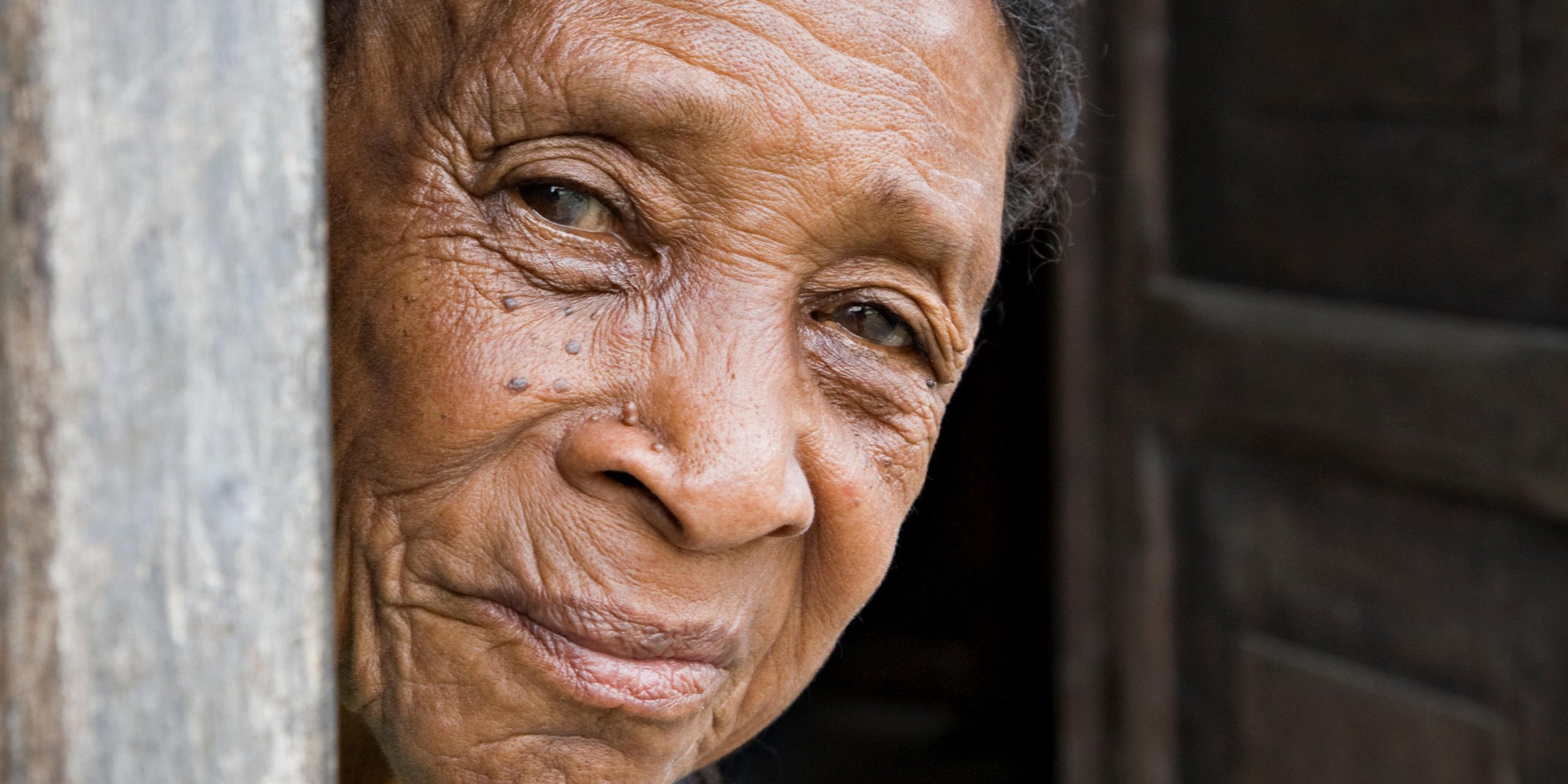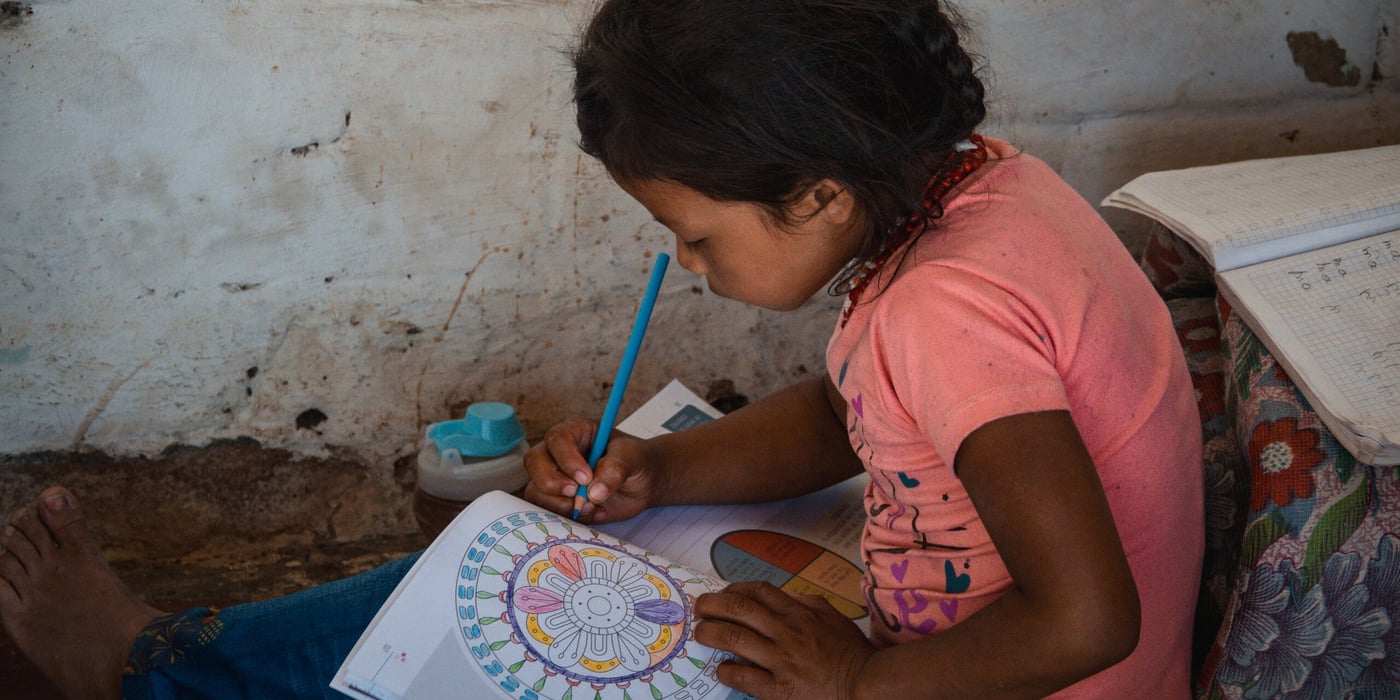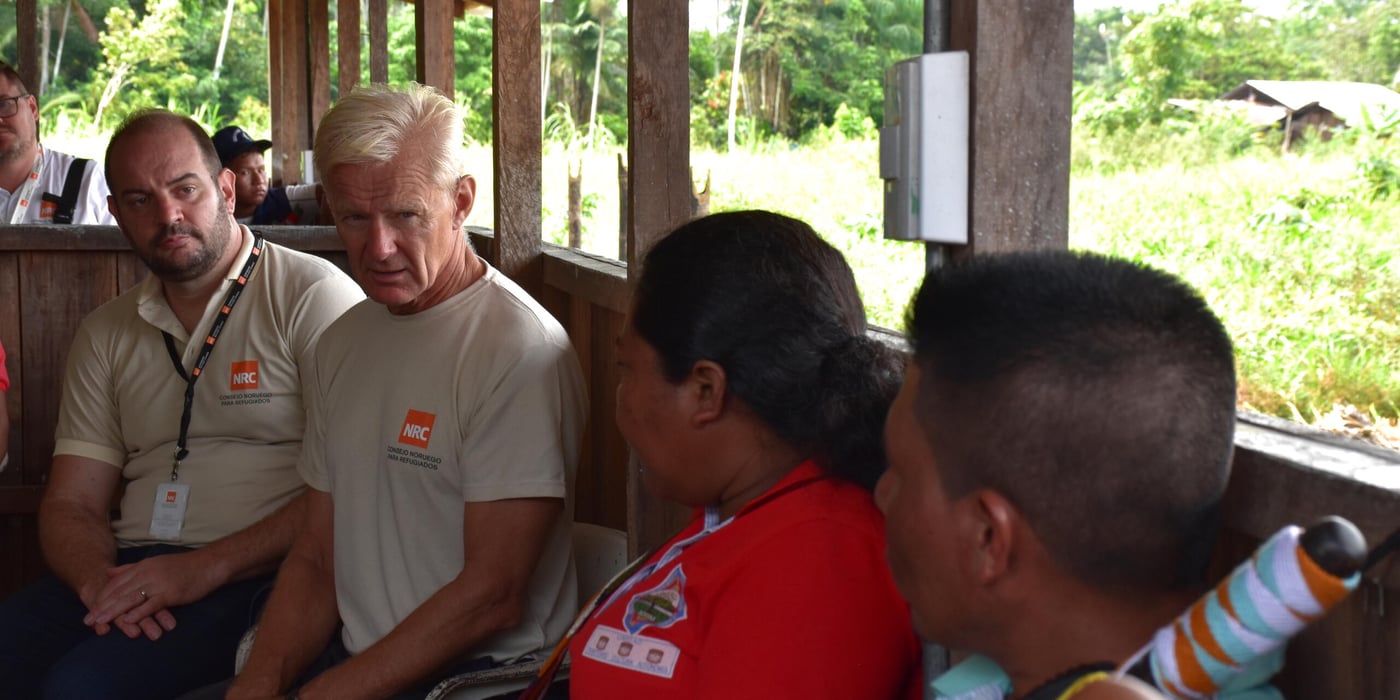
In five days the UN plans to quietly do away with the most senior aid official post in Colombia: the Humanitarian Coordinator. This will mark the first in a series of quiet but tactical steps to wind down aid funding in the country. The world body will refocus its multi-million dollar operation on peacebuilding in Colombia, signalling that peace is here to stay. But this decision is seriously short-sighted, and threatens to undermine the peace process.
When the peace agreement was signed with the FARC armed group at the end of last year, it marked a milestone in Colombia’s 50 year war. The president, Juan Manuel Santos, was awarded the Noble Peace Prize for his part in ending the conflict that claimed the lives of at least 220,000 people.
The landmark agreement did not, however, usher in peace.
When FARC combatants laid down arms earlier this year, some discarded areas became coveted spoils for which other groups started competing violently. Elsewhere, FARC dissidents regrouped and remain active, especially in the southeast of the country. These developments have had deadly consequences for civilians.
Conflict has forced more than 56,000 people too flee their homes in the first half of 2017 alone. The number of people displaced by violence increaced by 16 per cent in the first seven months of the year, compared with the same period in 2016. This was despite a 60 per cent reduction in violent clashes between armed groups from 2012 to 2016.
Forced displacements, the killing of activists and community leaders, and threats and attacks targeting civilians are also on the rise. For example, forced recruitment into armed groups increased by 150 per cent this year, compared to the same period in 2016.
My organisation, the Norwegian Refugee Council, has spoken to families forced to flee their homes. They tell of brothers and sons forcibly recruited, of mines planted in their neighbourhoods, and of armed groups who prevent them from farming their land.
Overall, more than seven million people are displaced within Colombia today, the largest number anywhere in the world. This is more than Afghanistan, Nigeria and South Sudan combined, and surpasses Syria by a wide margin.
Is this the picture of a country ready to do away with emergency aid programmes?
In a visit to Colombia last week, Pope Francis even acknowledged that all was not harmonious. He called on the government to enact laws to end the ‘darkness’ of injustice and social inequality that has fed the violence endemic in the country’s history.
The Colombian government is under immense political pressure. It must comply with the recent peace accords with the FARC. It must also begin a similar process with Colombia’s second largest armed group, the National Liberation Army (ELN), when their ceasefire comes into effect on 1 October. On top of that, it must respond to the current insecurity. International humanitarian support is needed now more than ever to ensure that this delicate process does not fall apart.
Colombians are some of the world’s most resilient people. In the 12 years I have worked in the country, they have time and again showed incredible strength and resourcefulness. They deserve the international community’s commitment to ensure their hard won peace is consolidated, not jeopardised. The UN must play the long game, rather than celebrate victory before the race is won.



